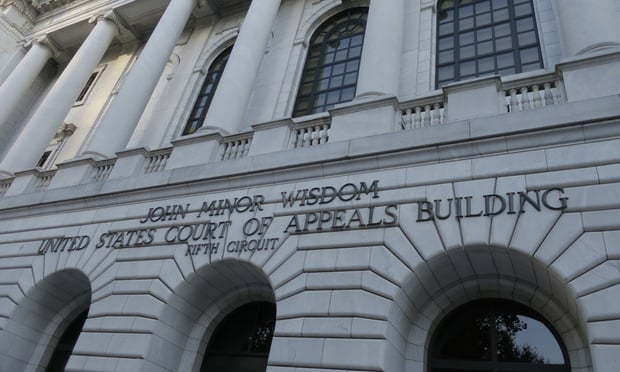 In a striking blow to colleges and universities across the country, on Nov. 12, 2019, the First Circuit Court of Appeals reversed a decision by the United States Bankruptcy Court for the District of Massachusetts, DeGiacomo v. Sacred Heart Univ. (In re Palladino), 556 B.R. 10 (Bankr. D. Mass. 2016), and held that parents did not receive “reasonably equivalent value” in exchange for the college tuition payments they made to educate their child. DeGiacomo v. Sacred Heart Univ. (In re Palladino), 942 F.3d 55 (1st Cir. 2019). Reasoning that because parents have no obligation to provide for a child’s educational costs once the child reaches legal adulthood, parents receive no benefit from the payment of tuition and associated costs and thus, parents receive no “value” for the payments as the term is used in Section 548 of the Bankruptcy Code. As a result, the Court of Appeals concluded that the payments in question were voidable by the trustee as constructive fraudulent transfers under 11 U.S.C. § 548(a)(1)(B). This long-awaited decision represents the first instance in which a Federal Court of Appeals addressed the issue of whether a debtor-parent receives “reasonably equivalent value” for the payment of a child’s tuition once the child has attained the age of 18.
In a striking blow to colleges and universities across the country, on Nov. 12, 2019, the First Circuit Court of Appeals reversed a decision by the United States Bankruptcy Court for the District of Massachusetts, DeGiacomo v. Sacred Heart Univ. (In re Palladino), 556 B.R. 10 (Bankr. D. Mass. 2016), and held that parents did not receive “reasonably equivalent value” in exchange for the college tuition payments they made to educate their child. DeGiacomo v. Sacred Heart Univ. (In re Palladino), 942 F.3d 55 (1st Cir. 2019). Reasoning that because parents have no obligation to provide for a child’s educational costs once the child reaches legal adulthood, parents receive no benefit from the payment of tuition and associated costs and thus, parents receive no “value” for the payments as the term is used in Section 548 of the Bankruptcy Code. As a result, the Court of Appeals concluded that the payments in question were voidable by the trustee as constructive fraudulent transfers under 11 U.S.C. § 548(a)(1)(B). This long-awaited decision represents the first instance in which a Federal Court of Appeals addressed the issue of whether a debtor-parent receives “reasonably equivalent value” for the payment of a child’s tuition once the child has attained the age of 18.
‘Palladino’ and the Bankruptcy Court Decision
The facts of the Palladino case are relatively straightforward. In 2012, Steven and Lori Palladino’s daughter began her first year of college at Sacred Heart University. Over the next several years, the Palladinos made $64,696.22 in tuition payments. In 2014, after experiencing an onslaught of financial problems stemming from their involvement in a Ponzi scheme, the Palladinos filed joint voluntary petitions for relief under Chapter 7 of the Bankruptcy Code. The Chapter 7 trustee commenced an action against Sacred Heart, seeking, inter alia, to recover the tuition payments as constructive fraudulent transfers under 11 U.S.C § 548(a)(1)(B) and Uniform Fraudulent Transfer Act as enacted in Massachusetts, Mass. Gen. Laws ch. 109A §5(a)(2), on the basis that the debtors, having no obligation to pay for their adult daughter’s tuition, received no benefit from having made the payments.









